Getting an Off-Road Advantage
You’ve got to admire Josh Green. The Yamaha Active8 Yamalube team rider has been a frontrunner in the national enduro series and desert-racing scene for more than a decade now. He’s a multiple national enduro champ, a regular representative on Australia’s ISDE team, and a key member of our historic ISDE-winning team in 2015. But for me, what defines Greeny is not so much his racing success or tenacity or approachable manner (or the fact his hair has tuned silver before he’s even turned 30), but his desire to give back to the sport.
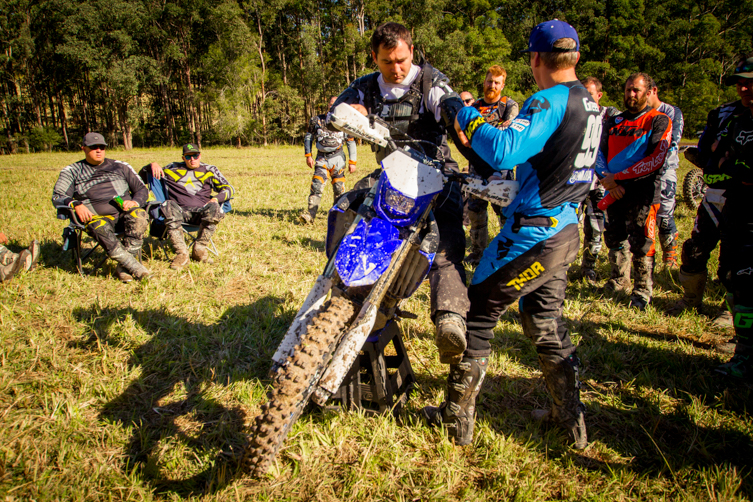
As is the case for most Pro motorcycles racers, the idea of life after racing had long been a scary proposition for Josh Green. But in the past few years, his likely post-racing pathway has evolved organically. It turns out that one of Australia’s most accomplished off-road racers gets a huge kick from teaching others; teaching them how to ride, how to set their bike up, how to train, what to eat, and how to engage with sponsors and the media. A few years back, he bundled all that expertise and advice up in a business called Off-Road Advantage, and it’s become a source of much satisfaction for the 28-year-old.
We sat down with Josh Green to get more of a handle on how his rider coaching business started, what it offers, and where he plans to take the thing.
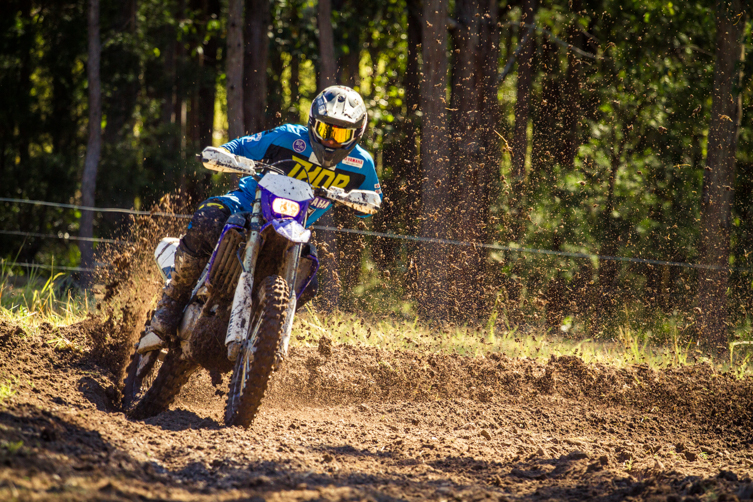
TM: Is the rider coaching about future-proofing your income or giving back to the sport?
JG: Both, I suppose. A few years ago now, I started helping out a bunch of Junior enduro kids. I gave a day of my time to Motorcycling NSW, who raffled off a coaching clinic with me to about 10 young riders. I got a kick out of that. For me, it was all about putting back into the sport of Junior Enduro to help keep it strong. That led to me helping out some mates and their friends who didn’t race, but wanted to ride with more confidence. The rider coaching business then became a natural extension of that. Longer term, I would like to stay involved in the sport by taking on a trainer and mentor-type role after getting my personal training ticket. I think there’s real value in giving younger riders advice about everything from line selection and reading tracks, to dealing with the media, to bike set-up, to representing sponsors professionally. I honestly don’t know what I’m going to do after racing, but that’s the sort of thing that appeals to me. I’ve got my own gym and tracks here on the property, so there’s no harm in laying the foundations for that potential future.
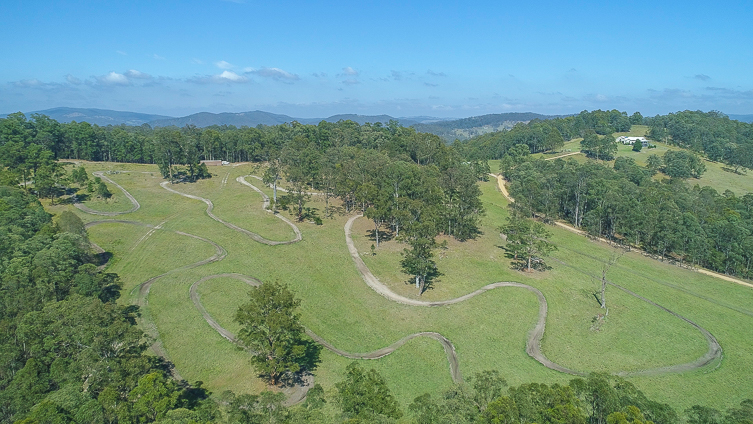
When you were injured for much of the 2016 season, that gave you the opportunity to develop your both the business and the Stroud property you run most rider training on, right?
That’s true. I’ve done a lot of work on the property. Plus I’ve started coaching some up-and-coming young racers – guys and girls – and a heap of blokes who want to improve their trailriding skills. I especially enjoy the trailriding coaching because those guys tend to improve so much really quickly. I’ll generally start on basics – clutch, brake and throttle control, body position, flat turns, rutted turns, etcetera, etcetera – and then work on uphills, downhills and log-crossings. Usually, by the time they’ve got through all that, they’ve already learned too much. They’ll often want to go away for a month or two, practise those skills, and then come back to fine-tune things or move on to more advanced skills. I love seeing people improve. It’s cool to see a guy who starts off thinking there’s no way he can ride up and over a log, and then see him do it easily after I’ve explained the key techniques. I’m not sure who’s more pumped about that – him or me [laughs].
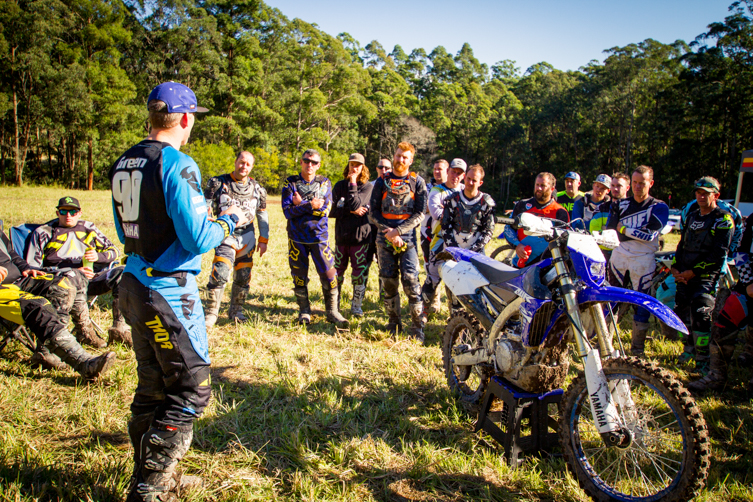
What challenges do you come up against in your coaching?
Honestly, what I come up against most is the attitude that you don’t need training; that you’re the best rider in your Sunday morning trailriding posse and couldn’t possibly benefit from advice to improve your technique. Give me five minutes with those people, and I’ll guarantee I’ll pick up 10 things they’re doing wrong. And that applies to talented Pro racers as much as it does average trailriders. For the Pro guys, it’s generally just little things. But at that level of the sport, fractions of seconds are what make the difference. I’ve always believed that to be a successful racer, you have to be a student of the sport and constantly open to learning form others. I’m always studying other riders and having a go at something I see them doing. Not everything works for me, but some things do. And that lets me progress as a rider and racer. Also, whether you’re an inexperienced trailrider or long-time Pro racer, it’s easy to get into bad habits on a bike. For example, I’m really bad at dragging my rear brake; a result of me riding so much sand when I was growing up and dragging the rear brake in the whoops. That’s not necessarily a bad thing, but it can unsettle the bike in corners, so that’s something I’ll often work on. In the off-season, I’ll even take my rear brake pedal off my bike and ride without it for a while.
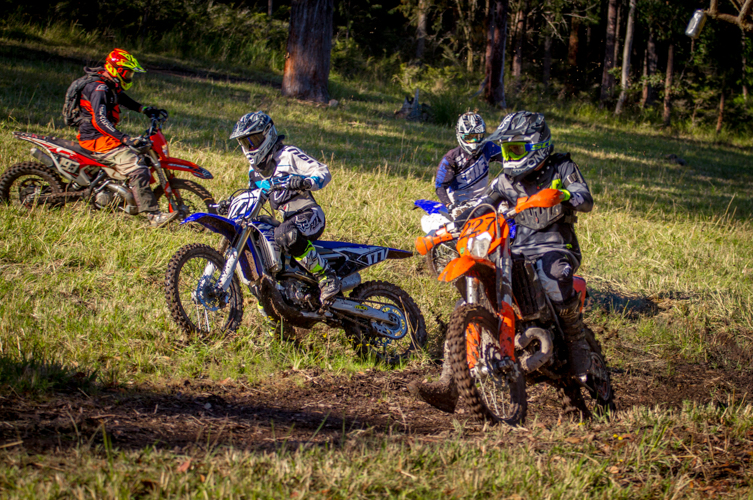
What’s the most common problem that riders complain about?
Arm pump. No one enjoys riding when your arms are burning and you lose dexterity in your hands and can’t work the bike’s controls properly. So it’s amazing to watch riders try out a few tips I give them to minimise arm pump, and it completely changes their riding experience. Things like gripping the bike more with your legs and angling your toes inwards generally eliminates arm pump altogether. I guess it’s about making riders realise that they’re not just a passenger on a bike, and that riding has a lot to do with managing your body in order to minimise fatigue and maximise traction. For less experienced riders, I get a kick out seeing them progress from struggling to get around my track at the start of the day to riding around it with ease by the end of the day. They’re not fatigued. They haven’t got arm pump. They’re riding over all the obstacles. And they’re enjoying themselves. Why struggle when you can change your technique a little bit and have it pay big dividends? Giving people the skills to ride for longer is a big part of what I do. It also makes them safer riders who want to continue progressing. I’ve seen a bunch of people I’ve taught progress to state enduro rounds or Transmoto events.
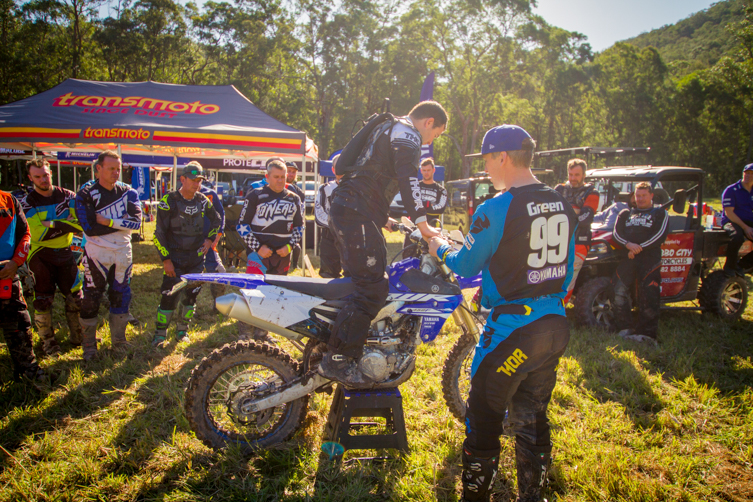
It’s all about getting people involved in the sport, eh?
It is. Totally. And I want to support the industry that’s supported me. I did a one-on-one coaching session with a 61-year-old bloke a few months back and it was his first time on a dirt bike. He’d only ever ridden on the road before that. Anyway, he gives me updates every few weeks now and he’s loving it. It’s classic.
You’ve also done a bit more Pro rider coaching in the past year or two, right?
I have. And I get a real sense of satisfaction from imparting knowledge on those guys and seeing them go on to do well. I’ve done a fair bit of work with my teammates, Michael Driscoll, who’s now won back-to-back EJ (under 19) titles at the AORC, and Wil Ruprecht, who won the AORC’s E1 class a couple of years ago and recently won the EJ (under 23) class at the final of the Enduro World Championship in Germany. I don’t do any rider coaching with my team’s other rider, Luke Styke, but he does ask my advice about how various racing disciplines work, and we talk about lines when pre-walking the tracks. Like most sports, success in of-road racing has a lot to do with experience, and of all the Pro guys in the AORC paddock these days, I’ve probably been there the longest. The cool thing for me is that these young guys keep me fresh and energised with my racing and off-bike training. With my teammates’ progression – and the fact I’m getting older – there will inevitably come a time where these guys start beating me. I’ve accepted that, but I’m going to keep beating them for as long as I can [laughs]. And in the meantime, I’m still out-cycling them, out-running them, and out-lifting them in the gym. I’ve also started helping a top young motocross and supercross talent called Cooper Pozniak, mainly with training in the gym and mountain biking.
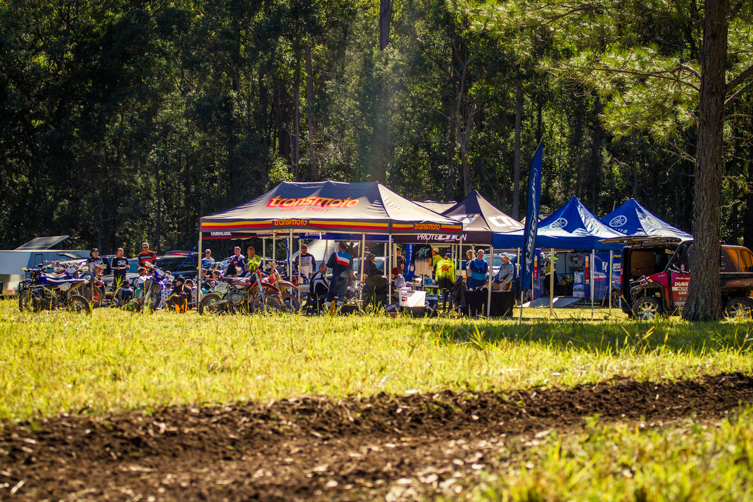
How do your coaching sessions and schools work, and what do they typically cost?
The quickest and most effective way to improve is a one-on-one session where I work with riders directly. That costs $100 per hour. I let people choose how many hours they want, but I recommend three hours. Any more than that and there’s too much to take in. Then for my riding schools, where I teach people in groups, it’s $200 per person. The bigger the group, the longer it takes. If I’ve got 10 or more, it’s a full day. If I’ve got less than 10, it’s more like two-thirds of a day. I run most of them on my own property in Stroud, which is specially build for rider training, but I also travel to teach larger groups elsewhere if they’ve got a suitable property.
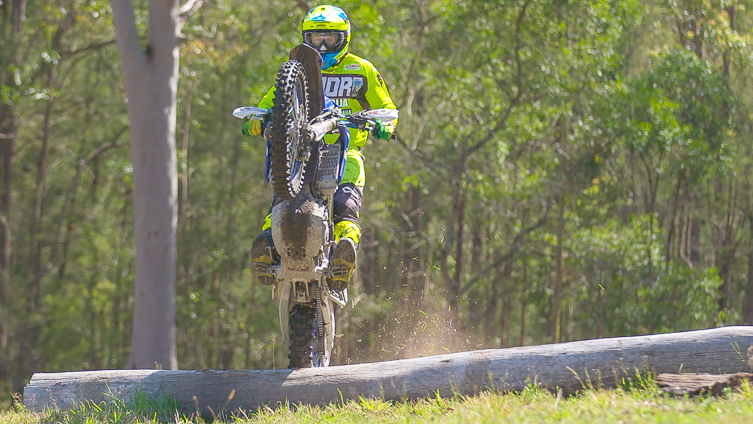
Tell us a bit more about your property at Stroud.
Well, your Transmoto Tribe members have been here and seen how mint it is. Basically, it includes grasstrack, singletrails, firetrails, a bush loop and specific obstacles to practise skills. Plus I’m currently building an endurocross track for people who want to be more confident in technical terrain, or who want to race hard enduro events.
For more information and to book a coaching session or riding school, check out www.offroadadvantage.com.au
Related Content
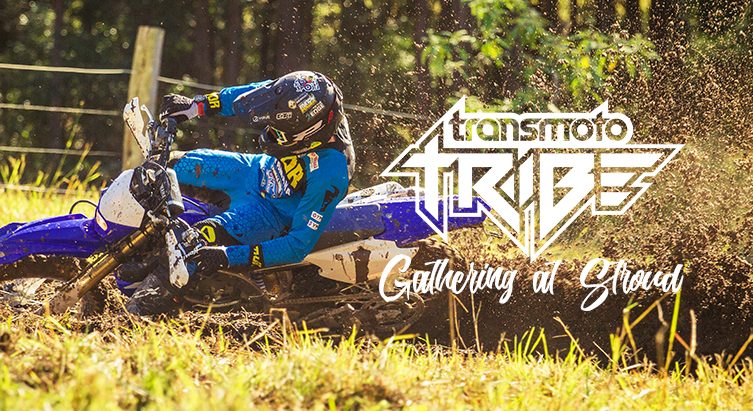
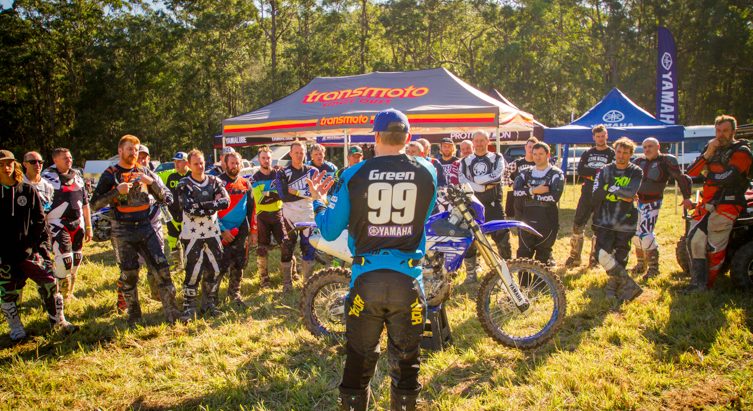


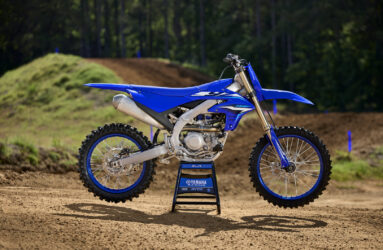

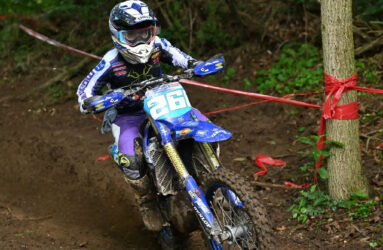
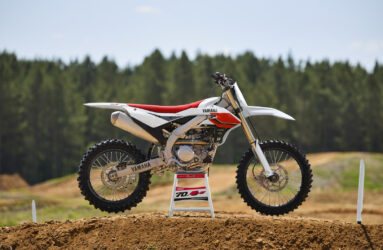
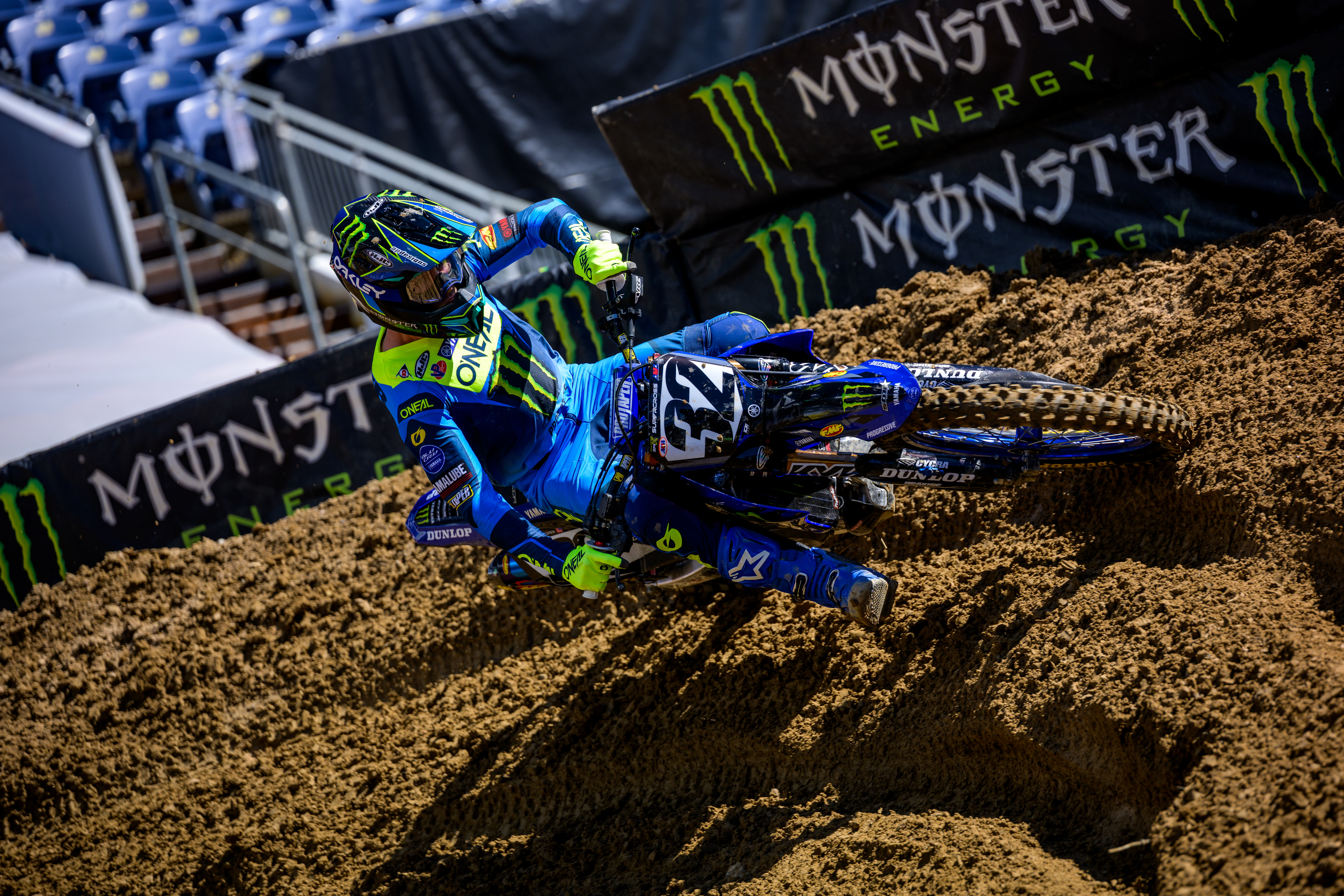
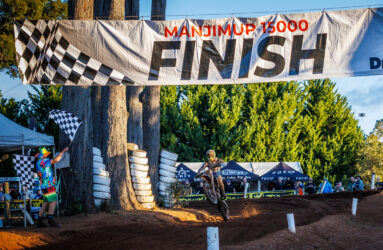
Be the first to comment...